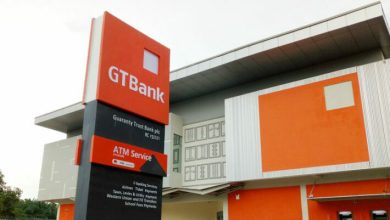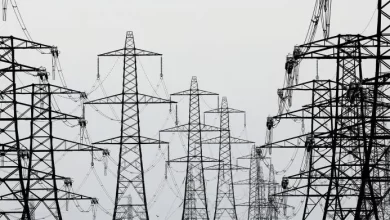2018 Nigerian Economic Outlook: 10 things to watch

It’s a new year and a defining one for Nigeria, as it is the pre-election year that will herald the 2019 general elections.
As we focus on Nigeria’s economy, there are 10 key areas to watch in 2018;
The Reserves
Nigeria’s current reserves stands at about $38b n, getting close to $40b n. How the reserves fare this year will be vital to the nation, particularly its ability to respond to any shock in the economy .
The Exchange Rate
Last year the Central Bank of Nigeria brought far-reaching reforms to the foreign exchange market. Currently, the official exchange rate is N305/$ while the parallel market is N365/$. The performance of the foreign exchange market will be a key indicator to watch .
Growth rate
Nigeria exited recession last year with a growth rate of 0.55% by Q2, 2017 and 1.40% by Q3, 2017. Will Nigeria sustain its growth level or experience a decline in 2018?
Inflation rate
Nigeria has a double-digit inflation rate of 15.1% which in the past 6 months has been receding. Food inflation is still high above 20% and the Government’s target through its 2018 Budget is 12.4%. With a pre-election year, some analysts feel there will be a spike in the rate. Whatever happens Inflation will be one economic indicator for the year.
Interest rate
The Central Bank of Nigeria will from January be preoccupied with its primary mandate which is the monetary policy, and the major area for it will be the interest rate. Throughout last year the CBN retained its Monetary Policy Rate at 14%. Will it reduce it now that Nigeria’s economy is recovering?
Unemployment
Nigeria currently has the highest unemployment rate of 18.8% amongst the “MINT” (Mexcio, Indonesia, Nigeria and Turkey) peer economies. This is one indicator that has to be addressed and how the government approaches it will be critical. Unemployment will definitely find its place in the political rallies that will begin in earnest this year.
FDIs
Foreign Direct Investments play a key role in driving any company, particularly in the area of job creation and stimulating economic activities.
The Q3, 2017 Capital Importation report from the National Bureau of Statistics, showed Nigeria attracted $117ml. This means Nigeria must do a lot to attract new FDIs in 2018.
PMI
In 2017 Nigeria recorded steady improvement in its Purchaser’s Managers Index, which closed at 55.9% signifying expansion in economic activities. In 2018 analysts, experts and policy will be keen to see how the PMI performs.
Crude Oil Price/Production
The current international crude oil price of $60.45 is at its highest level since 2014, which is of immense value to Nigeria, who benefitted last year from a stable oil production in the Niger-Delta of about 2.1ml bpd. The Nigerian government will be hopeful that the crude oil price remains favourable and that oil production is not disrupted in the Niger-Delta. This will boost revenue levels for the country.
Budget 2018
The timing of the passage and signing of the 2018 Nigerian Budget, will go a long way to dictate the pace of economic activities in the year. If the Budget is signed and is ready by latest February, 2017 it will be a positive development, but anything that delays it into the second quarter will slowdown the economy.
Source https://www.proshareng.com





